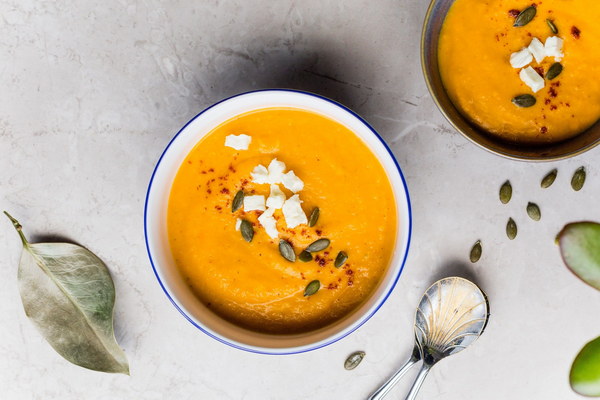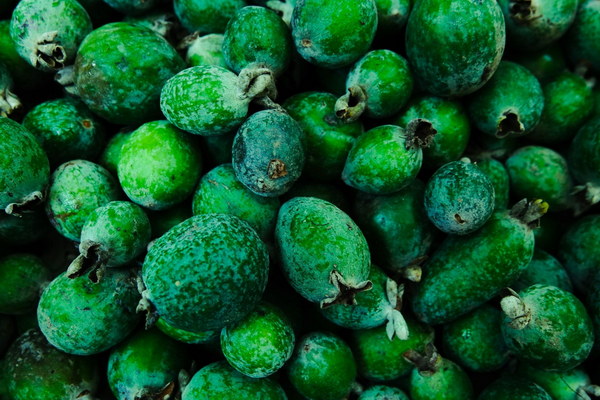Understanding the Differences Between Garlic, Ginger, and Herbal Remedies
In the realm of traditional medicine, two terms often come up frequently: garlic, ginger, and herbal remedies. While they may seem similar at first glance, there are distinct differences between these ingredients. This article will delve into the unique characteristics of garlic, ginger, and herbal remedies, highlighting their differences and how they contribute to various health benefits.
Firstly, let's discuss garlic. Garlic (Allium sativum) is a bulbous plant that has been used for centuries in both culinary and medicinal practices. It is renowned for its potent aroma and flavor, which comes from its high content of sulfur compounds, particularly allicin. Garlic is often used to flavor dishes and has been shown to possess numerous health benefits. Some of the most notable advantages of garlic include:
1. Antiviral and Antibacterial Properties: Garlic has natural antibacterial and antiviral properties that can help combat infections and reduce the risk of colds and flu.
2. Heart Health: Garlic can help lower blood pressure, reduce cholesterol levels, and prevent the formation of blood clots, thereby reducing the risk of heart disease.
3. Cancer Prevention: Some studies suggest that garlic may have a protective effect against certain types of cancer, such as stomach, colorectal, and esophageal cancer.
4. Immune System Support: Garlic can boost the immune system, making the body more resistant to infections and diseases.

Moving on to ginger, this is another plant with both culinary and medicinal uses. Ginger (Zingiber officinale) is a flowering plant whose root is widely consumed for its distinctive flavor and aroma. Gingerol, a compound found in ginger, is responsible for its medicinal properties. Some of the health benefits of ginger include:
1. Anti-inflammatory: Gingerol has strong anti-inflammatory properties, making ginger an effective treatment for conditions such as arthritis and chronic inflammation.
2. Digestive Aid: Ginger can help alleviate symptoms of indigestion, bloating, and nausea, making it a popular remedy for those suffering from gastrointestinal issues.
3. Nausea Relief: Ginger is often used to alleviate nausea, including morning sickness in pregnant women and chemotherapy-induced nausea in cancer patients.
4. Immune System Support: Similar to garlic, ginger can help boost the immune system and prevent infections.
Now let's turn our attention to herbal remedies. Herbal remedies are derived from plants and have been used for thousands of years to treat various ailments. They can be taken in various forms, such as teas, tinctures, capsules, and powders. Unlike garlic and ginger, which are specific plant parts, herbal remedies are often a combination of several different plants. Some key differences between garlic, ginger, and herbal remedies include:
1. Composition: Garlic and ginger are single-ingredient remedies, while herbal remedies typically consist of a blend of multiple herbs.
2. Specificity: Garlic and ginger are known for their specific health benefits, whereas herbal remedies are designed to address a broader range of conditions.
3. Usage: Garlic and ginger are commonly consumed as part of a diet, while herbal remedies are typically taken as supplements or used in specific recipes.
In conclusion, garlic, ginger, and herbal remedies are all valuable ingredients with various health benefits. Garlic and ginger are single-ingredient remedies that offer specific health benefits, while herbal remedies are a combination of multiple herbs designed to address a broader range of conditions. By understanding the differences between these ingredients, you can make informed decisions about incorporating them into your diet and wellness routine.









